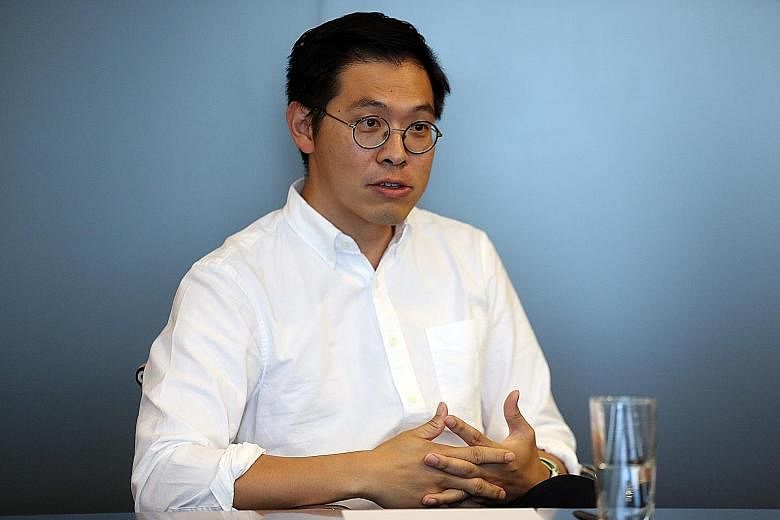LOS ANGELES • Following Dyson's plans late last year to manufacture its first electric car in Singapore, the city-state is now in talks with other makers of green vehicles to set up shop on the island.
Singapore is pitching its connectivity to global markets through free trade agreements, its highly skilled workforce and stringent protection of intellectual property, which is critical for the industry, according to the government agency set up to attract investments to the country.
"Hopefully they won't be the only one we land," Mr Chng Kai Fong, managing director of the Economic Development Board, said in an interview, referring to Dyson's plans.
"We are in active negotiations or discussions with a couple of others. The whole idea is to build clusters."
Bringing in other electric car manufacturers will create scale for the sector in Singapore, which is also spurring the development of autonomous vehicles in the country.
The use of high-tech robotics and automation, as well as supply chain management and connectivity, could help dispel concerns over the high labour costs in Singapore.
"It's much more of a capital game than a labour game," Mr Chng said in San Francisco, where his agency hosted two technology-related conferences including the Bridge Forum. "That plays to our strength."
Dyson, the closely held manufacturer of hand dryers and vacuum cleaners, said last October that it plans to complete its factory by next year, with the goal of rolling out its first electric car model by 2021 as part of a £2 billion (S$3.5 billion) effort to expand into automobiles.
Earlier this year, billionaire inventor James Dyson raised the stakes by announcing plans to relocate his company's head office to Singapore from Britain, with the growing importance of Asia to its business.
Singapore does not have a single car manufacturing plant and is one of the costliest places in the world to buy an automobile. And not every electric carmaker is a fan.
Mr Elon Musk tweeted in January that Singapore has been unwelcoming to Tesla, adding to his previous assertions that the Government does not support electric vehicles.
The billionaire chief executive officer was responding to a tweet inquiring why Tesla was not in the South-east Asian nation.
Mr Musk had said last May that Tesla tried to bring its cars to Singapore but was unsuccessful because the Government was "not supportive" of electric vehicles.
Singapore is also getting pushback from some companies for introducing a carbon tax.
The Government says it is to help meet its Paris Agreement obligations, but it would also in turn drive up costs compared with other Asian markets.
"Increasingly, carbon will be a constraint," Mr Chng said. "But we have to do it. It's a trade-off between our obligations, our environmental sustainability, and our economic growth."
BLOOMBERG

